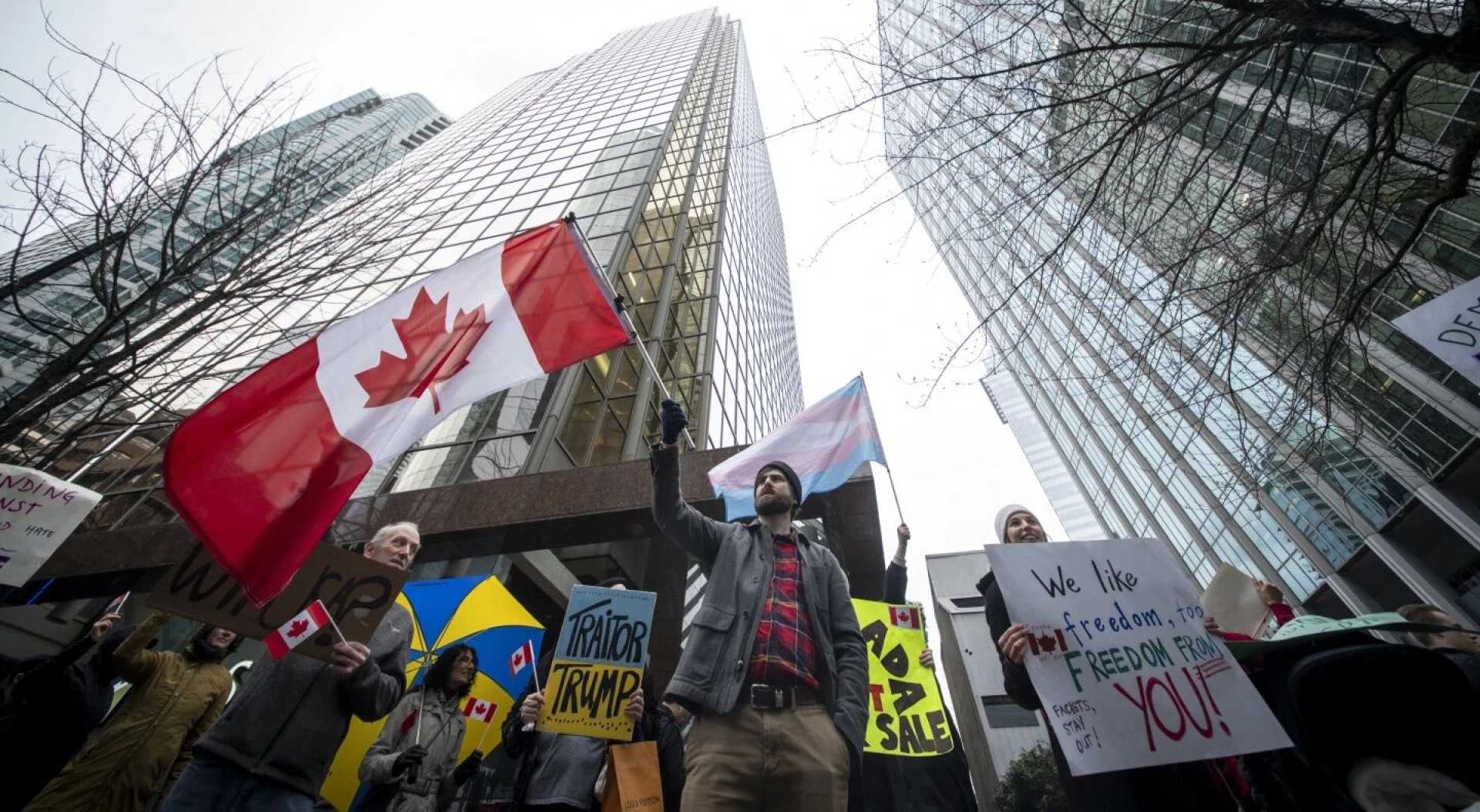Business
Ontario’s 25% Electricity Tax Hits American Consumers Amid Trade Tensions

TORONTO, Canada (AP) — Ontario Premier Doug Ford announced that starting Monday, the province will impose a 25% surcharge on electricity exports to approximately 1.5 million American homes and businesses. This decision is a direct response to ongoing tensions with the U.S. government, particularly following newly implemented tariffs by U.S. President Donald Trump.
During a news conference in Toronto on March 4, 2025, Ford stated, “I will not hesitate to increase this charge. If the United States escalates, I will not hesitate to shut the electricity off completely.” He expressed regret over the impact on American consumers who are not responsible for the trade war, specifically attributing culpability to Trump.
The initiative aims to address a recent escalation in trade disputes, as the U.S. government introduced tariffs that affect numerous Canadian exports, leading Ontario to retaliate. Ford emphasized that the electrical tariff would remain in place despite a temporary reprieve from additional U.S. tariffs, asserting that a one-month pause fails to provide the necessary clarity regarding future negotiations.
While Ontario’s actions will directly affect American consumers, they may not hit Minnesota‘s residents as hard as initially feared. Minnesota’s Democratic Gov. Tim Walz criticized Trump’s trade policies, stating, “The first victims of Trump’s trade war? Minnesotans struggling to pay their skyrocketing electric bill.” However, Minnesota Power, the main provider of electricity to that state’s northeastern region, obtained only about $300,000 worth of electricity from Ontario last year.
Ford’s administration expects the surcharge could generate between CAD 208,000 to CAD 277,000 per day to support Ontario’s economy, families, and workers. He noted, “It needs to end. Until these tariffs are off the table, until the threat of tariffs is gone for good, Ontario will not relent.” With this move, Ontario joins Quebec in reassessing its electricity export strategies.
Utilities in other areas have downplayed the potential impacts of Ontario’s decision. Brandon Morris from the Midcontinent Independent System Operator indicated that the impact would be minimal as only a fraction of regional power comes from Ontario, with much of it sourced from internal generation.
In addition to the electricity tariff, the federal government had previously imposed CAD 30 billion in retaliatory tariffs on various goods, from orange juice to motorcycles, as part of the escalating tensions. Ford commented, “These are our friends,” referring to the longstanding trade relationships that exist between the provinces and the U.S.
Ford urged other provinces, particularly Alberta, to consider additional measures, including export taxes on oil, suggesting that increasing gas prices in the U.S. could elicit significant consumer backlash. “You want to talk about a Trump card. That will instantly change the game,” he asserted.
As these trade conflicts progress, Democratic governors, such as Kathy Hochul of New York, have ordered energy officials to assess the impact of these tariffs on energy costs for their states. “These federal tariffs have been poorly conceived from the start,” she stated. “They’ve only served to destabilize our capital markets and create uncertainty among New York families and businesses.”
While trade discussions continue, Ford’s stance appears firm, demanding an end to tariffs and emphasizing the importance of maintaining strong trading relations with U.S. partners.












